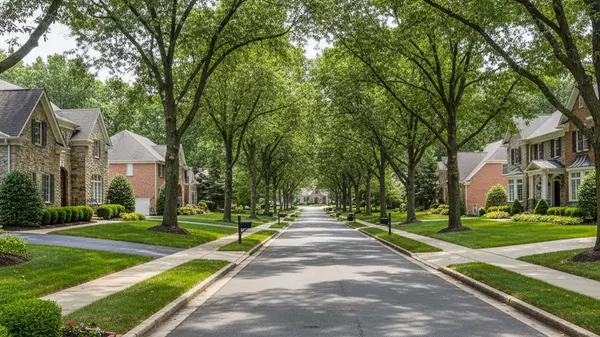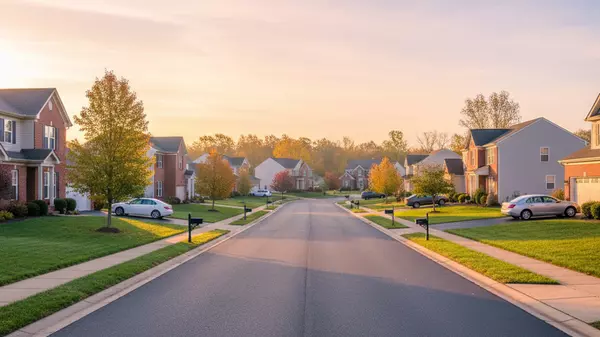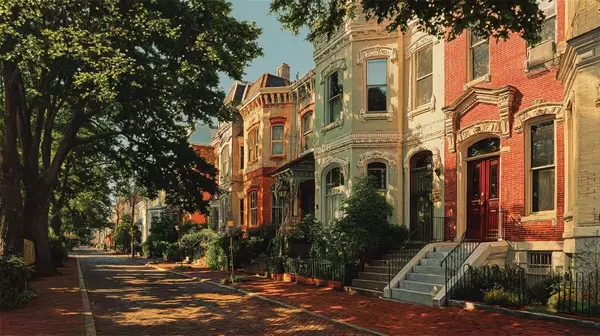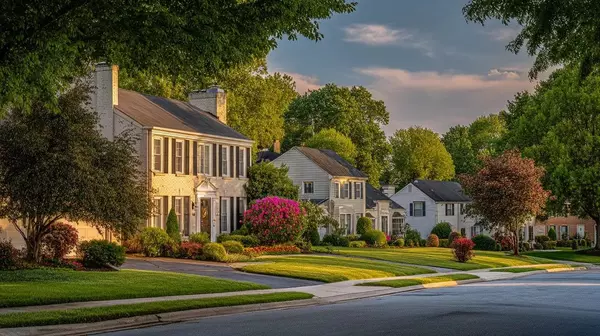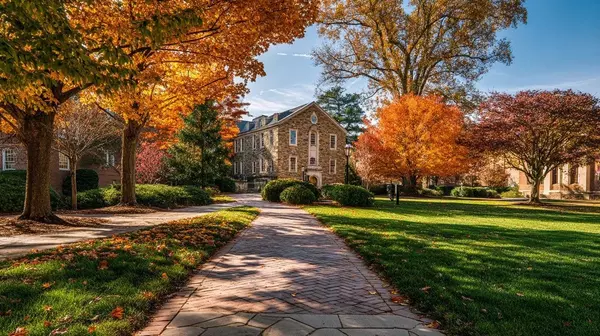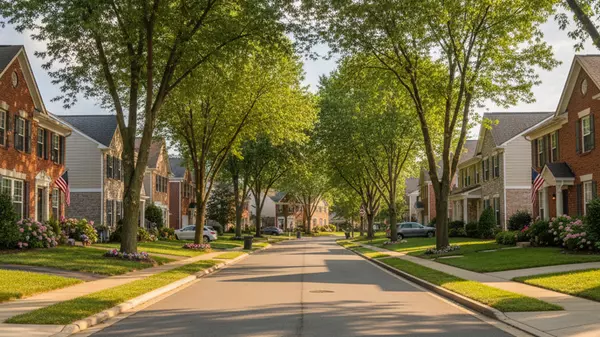
Parkville MD Housing Market: Trends, Prices & Predictions for 2026
Overview of the Parkville Real Estate Scene How’s the Market? Ask any longtime resident why they’re still living in Parkville, and you’ll hear a shrug followed by, “It’s close to everything and you can still snag a tidy yard without selling a kidney.” The Parkville housing market has leaned hot for

Living in Parkville, MD: A Complete Guide
Parkville sits just inside Baltimore County’s northeastern arc, with a 2025 population of roughly 30,467 residents and a vibe that splits the line between city energy and suburban breathing room. Niche’s latest Parkville reviews even tag it as one of the best places to live in Maryland, a ranking t

Is Parkville, MD a Safe Place to Live? Crime Rates & More
Overview of Parkville Introduction to Living in Parkville, MD Ask a longtime resident, and they’ll tell you Parkville feels like classic Baltimore County suburbia. Tree-lined blocks, crab-house carry-outs on Harford Road, and neighborhoods where folks still wave from the porch. People eye the area f
Categories
Recent Posts
